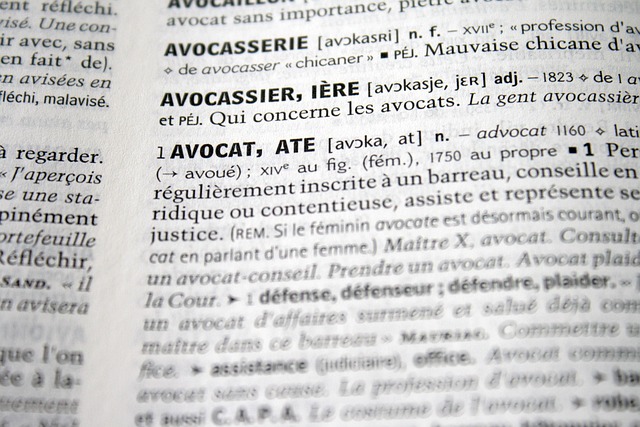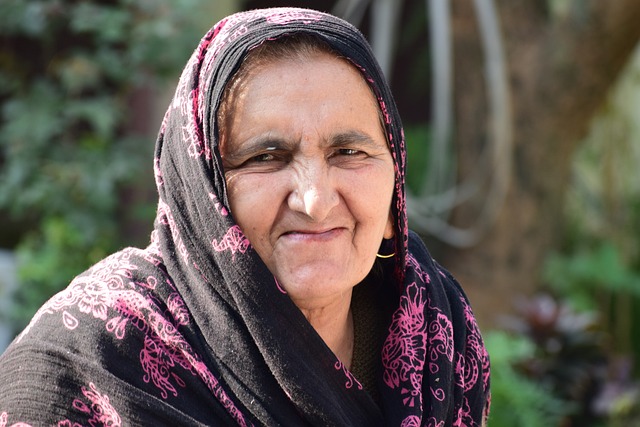Grandparent custody disputes are legal battles over significant time with grandchildren, often due to strained parent-child relationships. These complex matters are governed by jurisdiction-specific laws prioritizing the child's best interests. Grandparents must navigate court orders, agreements, or state legal aid, focusing on grandparent-child bonds, parental capabilities, stability, and overall well-being. Court decisions, varying by quality of relationship and parental choices, significantly impact outcomes. Accessing dedicated resources, support groups, and legal aid services is crucial for grandparents advocating for their rights in these intricate disputes.
“In the intricate web of family law, grandparent custody and visitation disputes present unique challenges. This comprehensive guide delves into the legal framework surrounding these cases, exploring rights and responsibilities within the context of broader family dynamics. We examine common causes, from changing family structures to specific state laws, and offer strategic insights for grandparents navigating the legal process. Understanding court decisions and available resources is paramount for families facing these sensitive issues.”
- Understanding Grandparent Custody Disputes: Legal Framework and Rights
- Common Causes and Challenges in Grandparent Visitation Cases
- Strategies for Grandparents: Navigating the Legal Process
- Court Decisions and Their Impact on Grandparent Rights
- Resources and Support for Families Involved in Custody Disputes
Understanding Grandparent Custody Disputes: Legal Framework and Rights

Grandparent custody disputes can be complex legal matters, often arising when a grandparent seeks to gain or maintain significant time with their grandchild(ren), especially in cases where the parents’ relationship is strained or they are unable to care for the child themselves. These disputes are governed by specific laws that vary by jurisdiction but generally aim to ensure the best interests of the child. In many places, grandparents have legal rights to visitation and custody, which can be established through various means such as court orders, agreements between parents and grandparents, or state-provided legal aid.
The legal framework for grandparent custody disputes typically considers factors like the quality of the relationship between the grandchild and grandparent, the parent’s ability to care for the child, any history of instability in the child’s living environment, and the overall well-being and stability of the child. Courts often weigh these factors to determine what arrangement would be in the best interests of the child, striving to maintain stability while also fostering meaningful relationships with extended family members.
Common Causes and Challenges in Grandparent Visitation Cases

Grandparent custody and visitation cases often arise due to complex family dynamics, with various legal challenges presenting themselves along the way. Common causes include divorces or separations involving parents, death of one parent, or situations where parents are unable or unwilling to provide care for their children, leaving grandparents as a viable option. These cases can become highly contentious, especially when there are underlying disputes about parental rights and responsibilities.
The primary challenges in grandparent visitation cases include establishing legal standing, proving the best interests of the child, and navigating potential opposition from parents. Grandparents need to demonstrate a significant relationship with the child and show that their involvement is in the minor’s best interest, especially if they are seeking sole or joint custody. Legal battles may arise over visitation rights, with parents potentially using every legal tactic to prevent or limit grandparent access, adding complexity to these sensitive matters.
Strategies for Grandparents: Navigating the Legal Process

Grandparent custody and visitation rights can be complex, especially when navigating legal processes related to grandparent custody disputes. One key strategy for grandparents is to foster open communication with both parents and their own children. This involves expressing a genuine interest in maintaining a relationship with the grandchildren while respecting the parental decisions regarding care. Active listening and understanding each party’s perspective can create a more harmonious environment, which may lead to amicable resolutions.
Another effective approach is to educate oneself about the legal framework governing grandparent custody. Researching state laws specific to grandparent rights, visiting relevant court websites, and even consulting legal professionals specializing in family law can provide valuable insights. Many courts also encourage mediation as a cost-effective and less adversarial way to resolve grandparent custody disputes. Being well-prepared with facts, documents, and legal arguments can significantly influence the outcome of such cases.
Court Decisions and Their Impact on Grandparent Rights

Court decisions play a pivotal role in shaping the legal landscape for grandparent custody and visitation rights, significantly influencing the outcomes of grandparent custody disputes. These rulings can either strengthen or limit grandparents’ ability to seek active roles in their grandchildren’s lives. In many jurisdictions, courts have recognized the important bond between grandparents and grandchildren, acknowledging that stable relationships with extended family members contribute to a child’s overall well-being. As a result, favorable court decisions have expanded grandparent visitation rights, allowing for more meaningful interactions.
However, the impact of court rulings can vary widely depending on the specific circumstances of each case. Factors such as the quality of the grandparent-grandchild relationship, parental decisions regarding custody, and the best interests of the child are carefully considered by judges. In cases where parents object to extended family involvement, courts may issue decisions that restrict grandparent visitation rights, emphasizing the need for stability and consistency in a child’s life. Understanding these court decisions is crucial for grandparents navigating grandparent custody disputes, as it guides their legal strategies and informs their expectations.
Resources and Support for Families Involved in Custody Disputes

For families navigating complex grandparent custody disputes, it’s crucial to leverage available resources and support systems. Many jurisdictions offer dedicated legal aid for such cases, providing guidance and representation to ensure fair outcomes. Organizations specializing in family law often have programs tailored to assist grandparents seeking or defending visitation rights. These groups can offer invaluable advice on navigating court processes, understanding laws specific to grandparent custody disputes, and connecting with other families facing similar challenges.
Additionally, support groups and online forums create safe spaces for sharing experiences and strategies among peers. These platforms foster a sense of community, enabling families to learn from one another’s journeys. Many states also have hotlines or online chat services staffed by legal professionals who can offer initial consultations and point families towards relevant resources during challenging times. Leveraging these tools empowers grandparents to advocate for their rights while ensuring they receive the necessary support throughout the custody dispute process.














